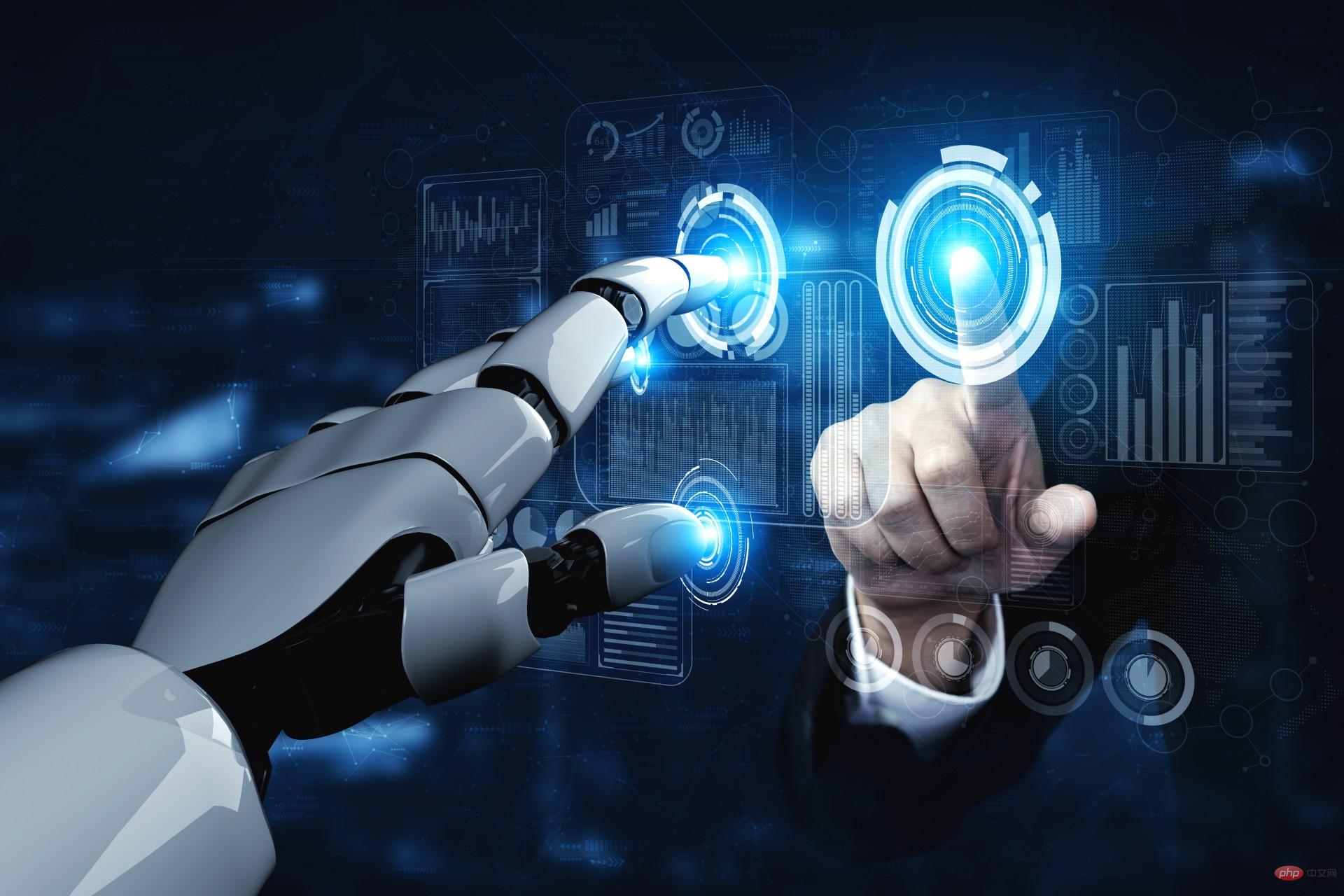Home >Technology peripherals >AI >Technology is a double-edged sword, research shows that humans are facing six major AI challenges
Technology is a double-edged sword, research shows that humans are facing six major AI challenges
- WBOYWBOYWBOYWBOYWBOYWBOYWBOYWBOYWBOYWBOYWBOYWBOYWBforward
- 2023-04-17 22:31:011814browse
Artificial intelligence (AI) refers to the simulation of human intelligence on machines that are programmed to think and act like humans. AI technology enables computers to perform tasks that typically require human intelligence, such as visual perception, speech recognition, decision-making, and language translation.

Ozlem Garibay, assistant professor in the Department of Industrial Engineering and Management Systems at the University of Central Florida, led a study that identified six major AI challenges that humans must overcome to improve humanity. relationship with AI and ensuring its ethical and fair use.
Garibay and 26 other scientists conducted a study to identify the problems and challenges that humans must solve to ensure that AI is reliable, safe and trustworthy, and consistent with human values.
This research report has been published in the International Journal of Human-Computer Interaction. Here are the six major AI challenges facing humanity identified by the research team:
Challenge One: Human Well-Being
AI should be able to identify implementation opportunities that benefit human well-being. It should also consider supporting the user's well-being when interacting with AI.
Challenge 2: Responsible
Responsible AI refers to the concept of prioritizing human and social well-being during the AI life cycle. This ensures that the potential benefits of AI are exploited in a way that is consistent with human values and priorities, while also mitigating the risk of unintended consequences or ethical breaches.
Challenge Three: Privacy Protection
The collection, use and dissemination of data in AI systems should be carefully considered to ensure the protection of personal privacy and prevent harmful use of individuals or groups.
Challenge Four: Design Framework
Human-centered design principles for AI systems should use a framework that provides clear information to practitioners. The framework will differentiate between AI that is very low risk, AI that does not require special measures, AI that is very high risk, and AI that is prohibited.
Challenge Five: Governance and Oversight
The entire governance framework of the AI life cycle from concept to development to deployment needs to be considered.
Challenge Six: Human-AI Interaction
In order to promote an ethical and fair relationship between humans and AI systems, interactions between humans and AI must be based on respect for human cognitive abilities. The basic principle. Specifically, humans must maintain full control and responsibility for the actions and outcomes of AI systems.
This research lasted more than 20 months and brought together the views of 26 international experts with different backgrounds in the field of AI technology.
Garibay said: “These challenges require the creation of human-centered AI technologies that prioritize ethics, fairness and improving human well-being. These challenges urge the adoption of human-centered approaches, including responsible design, privacy protection, and insistence on human-centered design. principles, appropriate governance and oversight, and mutual respect for human cognitive abilities."
Taken together, these challenges call for action by the scientific community to develop and implement AI technologies that prioritize and benefit humanity.
The above is the detailed content of Technology is a double-edged sword, research shows that humans are facing six major AI challenges. For more information, please follow other related articles on the PHP Chinese website!
Related articles
See more- Technology trends to watch in 2023
- How Artificial Intelligence is Bringing New Everyday Work to Data Center Teams
- Can artificial intelligence or automation solve the problem of low energy efficiency in buildings?
- OpenAI co-founder interviewed by Huang Renxun: GPT-4's reasoning capabilities have not yet reached expectations
- Microsoft's Bing surpasses Google in search traffic thanks to OpenAI technology

